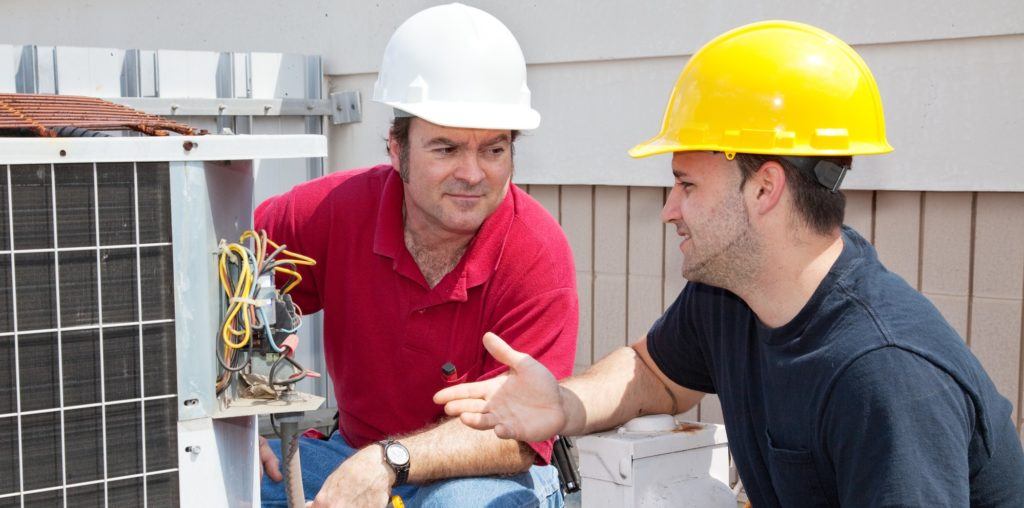In the realm of modern construction and environmental consciousness, the concept of HVAC Heating, Ventilation, and Air Conditioning has evolved far beyond its conventional role. While the core functions of regulating temperature and ensuring indoor air quality remain paramount, the notion of holistic HVAC solutions now encompasses a broader spectrum of considerations that go beyond mere heating and cooling. One of the key shifts in HVAC paradigms is the emphasis on energy efficiency and sustainability. Traditional HVAC systems often consumed substantial amounts of energy, leading to high utility costs and carbon footprints. Holistic solutions integrate innovative technologies such as geothermal heating and cooling, solar-powered ventilation, and advanced building envelope designs to minimize energy consumption. This approach not only lowers operational expenses but also aligns with global efforts to mitigate climate change. Indoor air quality IAQ has emerged as another pivotal dimension of holistic HVAC solutions. Poor IAQ can lead to health issues and reduced productivity among occupants.

Advanced ventilation systems equipped with HEPA filters, UV sterilization, and real-time air quality monitoring ensure that the air breathed indoors is clean and free from pollutants. Furthermore, the integration of smart technologies enables HVAC systems to adjust ventilation rates based on occupancy and outdoor air quality, enhancing both health and comfort. Beyond the mechanical aspects, holistic HVAC solutions encompass architectural considerations. Building designs now incorporate passive heating and cooling strategies, utilizing features such as natural ventilation, strategic shading, and thermal mass to reduce the reliance on mechanical systems and visit site. By harmonizing architectural principles with HVAC engineering, these solutions provide well-rounded temperature control while reducing the overall ecological impact. The advent of the Internet of Things IoT has ushered in an era of interconnected devices, and HVAC systems have not been left behind. Holistic HVAC solutions leverage IoT to optimize performance. Smart thermostats learn occupant patterns and adjust temperatures accordingly, while real-time data analysis allows for predictive maintenance, minimizing downtime and maximizing system longevity.
In commercial settings, holistic HVAC approaches are transforming workspaces. Zoning systems ensure that different areas are conditioned as per their specific requirements, allowing for personalized comfort while minimizing energy wastage. Additionally, acoustic considerations are integrated into HVAC designs, contributing to a quieter and more productive environment. As urbanization accelerates, the concept of district-level HVAC systems is gaining traction. These systems centralize energy production and distribution, utilizing combined heat and power CHP plants and renewable energy sources to serve multiple buildings. This approach optimizes resource allocation, reduces wastage, and fosters energy resilience for entire neighborhoods. In conclusion, the evolution of HVAC solutions from basic heating and cooling to holistic approaches reflects the broader shift towards sustainable, efficient, and occupant-centric building practices. By considering energy efficiency, indoor air quality, architectural integration, smart technologies, and community-level solutions, the modern HVAC industry is not only providing comfort but also embracing its role in shaping a greener future.

